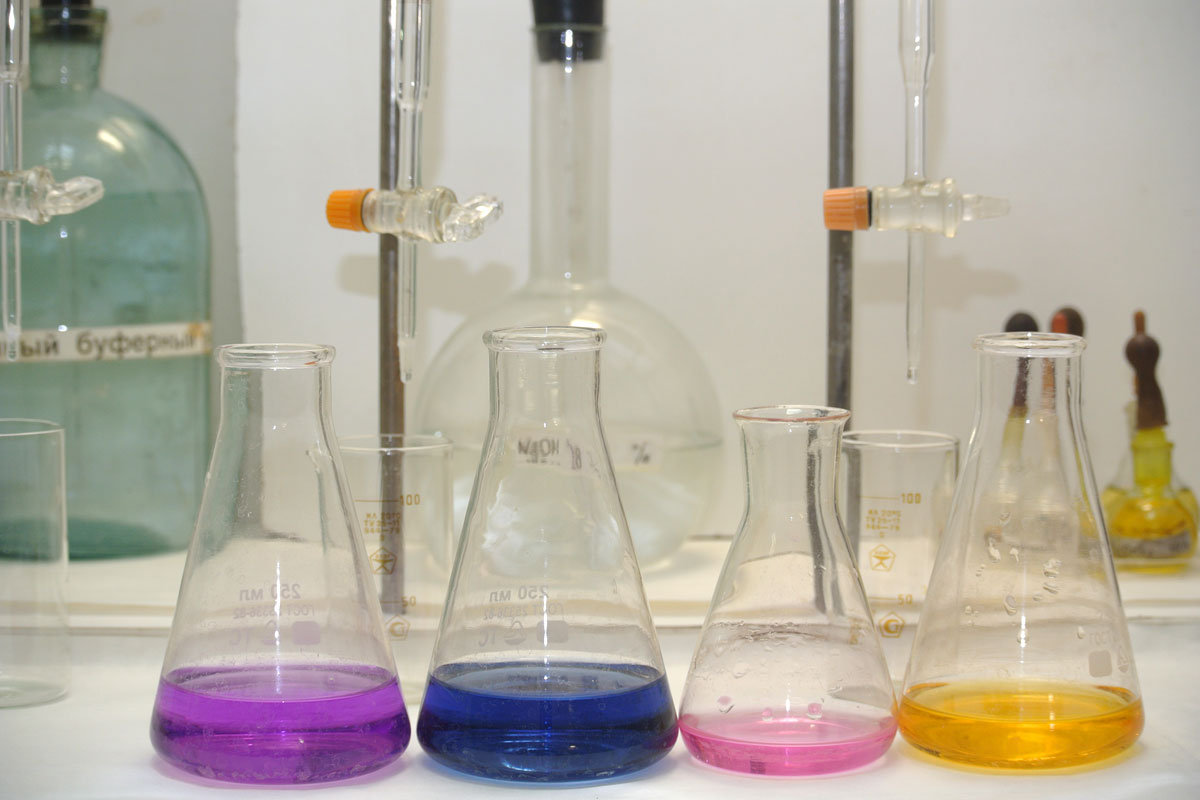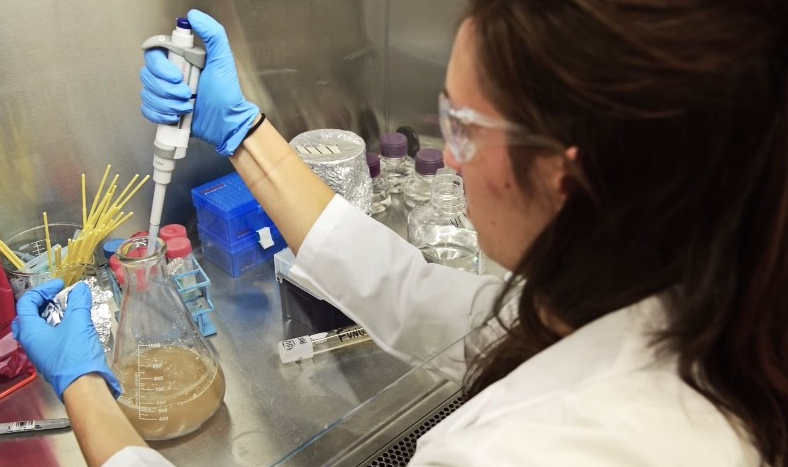In the water quality test, the waste medicines mainly come from the indicators, masking agents and other medicines. If you can reduce the waste of these drugs in the measurement process, you can further reduce the disposal of waste drugs in the measurement. If you want to do this, water quality testing personnel must be proficient in the attributes and characteristics of various drugs. In this way, the most accurate parameters can be obtained with the minimum dose. It is also possible to make a correct formulation of medicaments.
In addition, when you use it, try to choose the small package of the finished product or the good proportion of the water quality detector manufacturer, so as to avoid the waste caused by the expiration.

When dealing with waste chemicals for water quality testing, we must first know which are non-hazardous waste chemicals that can be directly processed, and which hazardous waste chemicals require special treatment. Generally, hazardous waste chemicals mainly include these characteristics of oxidizing and flammability. , Corrosive, reactive, reactive, carcinogenic, toxic, self-reactive substances or mixtures. For details, you can refer to the "General Principles of Chemical Classification and Hazard Communication" and related chemical classification standards.
In addition, water quality inspectors can also use the detailed information provided by the manufacturer and the pharmaceutical instructions to determine the safety factor of the waste pharmaceuticals.

Hazardous waste chemicals produced by water quality testing can be managed and disposed of by referring to the Standard Guidelines for the Treatment of Laboratory Chemicals and Sample Waste Chemicals. The more commonly used methods include neutralization, recycling, dilution, oxidation, and reduction.
General waste chemicals or non-toxic and corrosive chemicals can be neutralized before disposal. For example, alkaline solution chemicals can be neutralized with hydrochloric acid, while acid chemicals can be neutralized with sodium hydroxide. with. After neutralization, check and evaluate to see if there is any danger.
Some organic waste liquids can be recycled and reused by distillation, adsorption, ion exchange and other methods according to their characteristics.
Some heavy metals and flammable organic solvents that are soluble in water can be treated after dilution, but they must be processed in accordance with relevant standards.
In water testing, some organic chemicals and heavy metal solutions can be reduced to low-toxic substances. For example, mercury, lead and other substances in waste chemicals can be filtered out after precipitation after reduction.

The treated water quality testing waste chemicals can be directly discharged if they meet the direct discharge standards stipulated by the state. Otherwise, it is necessary to centrally store the waste medicine and send it to the designated place for processing. For specific operations, you can refer to the "Technical Specifications for the Collection of Laboratory Waste Chemicals" and "General Rules for the Storage of Commonly Used Chemical Dangerous Goods" and other standards.
最新动态
相关推荐